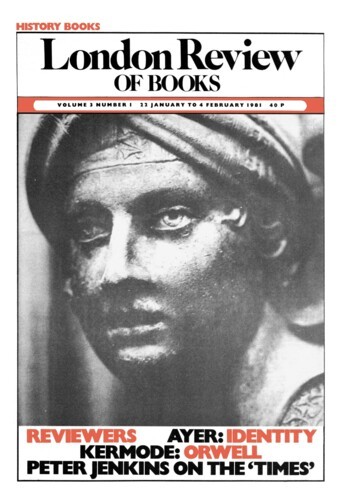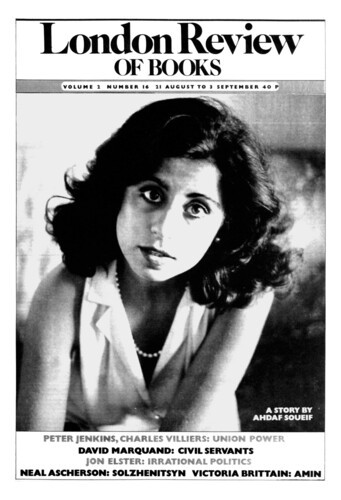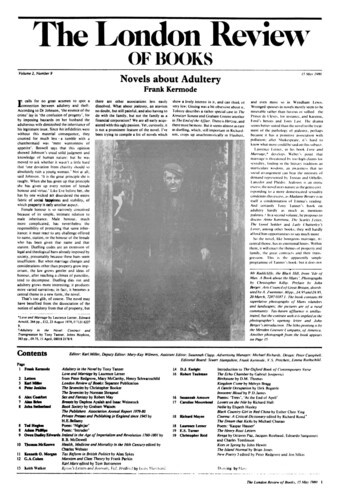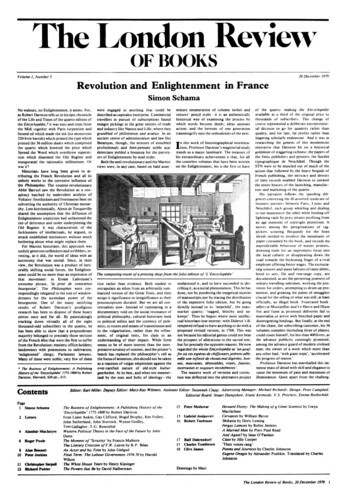Signs of the ‘Times’
Peter Jenkins, 22 January 1981
We live in a society which has learnt to take trade-unionism for granted. We extend to it the kind of tolerance which we give to the Churches in the name of religious freedom, even when the priesthood has grown corrupt and the ritual debased. We are all trade-unionists now. We speak the language of trade-unionism; our manners are trade-union manners. We are scarcely able to blink when hospital consultants engage in what they please to call ‘industrial action’, as if that euphemism were sufficient to justify the extortions of their professional power. Middle-class professionals – bank managers, for example – hire trade-union mercenaries – Mr Clive Jenkins, for example – in the same way as they hire tax accountants. Trade-unionism is an approved form of behaviour: group venality, providing it is called trade-unionism, is therefore permissible. We do try to draw a line where life and death is involved, but the hypocrisies involved in ‘industrial action’ by hospital staffs, ambulance men and the like are cloaked in a vocabulary of brotherhood and solidarity drawn from a more heroic age. We try to draw another line, or some of us are inclined to, where creative activity is involved. It is in itself shocking that we are likely to be more shocked if a concert or play is prevented than if an entire motor-car factory is stopped. We understand well enough when a miner stops mining, but less well when an electrician pulls the plug on a film unit or a scene-shifter won’t shift. These, perhaps, are the last bastions of our resistance to the trade-union ethic.




